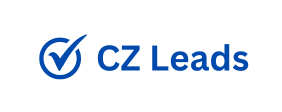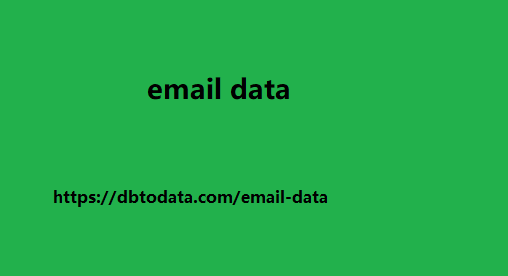You already know the news that circulated a few weeks ago about click baiting on Facebook : for the more distracted, it is a crackdown that Facebook will operate on posts with misleading or too sensationalistic titles. A way – in Facebook’s intentions – to clean the news stream from spam and nonsense, essentially. Quickly: To measure how misleading your title is or is not, Facebook will automatically look at the time spent on your site after clicking and an unspecified ratio between visits to the link and social interactions such as likes, comments, shares.
What are the implications for those who write online content
In today’s article I go beyond the controversy over whether Facebook is playing the role of Talking Cricket on what is good to read and what is not (personally I agree): the interesting thing about this Facebook make-up is how the quality shift is absolutely consistent and in line with Google’s battle for quality content . Google wants to reward quality content, truly interesting, relevant as possible to the user’s information needs, while simultaneously penalizing those who try to gain visits with keyword stuffing, copied content, link networks, etc. etc.
Avoiding falling into Facebook’s anti-click
Baiting trap means having to think once again about religiously respecting rules like the following: 1 LENGTH OF ONLINE TEXTS: an online text, be it an article or a page, must have a code-text ratio unbalanced in favor of the latter to japan email list entice Google spiders. We are talking about 800 words to gain more visibility: 800 words are approximately 2 Word pages, to give an empirical idea. You can well understand how it is not at all easy to be so verbose (or so informed!): if up to now such a depth of content was a good practice only for SEO, now it is also a relevant characteristic for Facebook , since it would help to increase the time spent on the page , as it involves a longer reading.
CONTENT QUALITY: related to the previous point
“Draining it out” is not enough, as readers tend to notice it early, quickly abandoning reading, dramatically increasing the bounce rate (the “bounce”, the people who leave immediately) on your site and sending you to be fed to the new Facebook algorithm. 3 TITLES : they must be thought out with extreme care, to attract clicks but without falling into the trap set by Facebook.
There are those who have a real
Talent in making titles (not me), avoiding going overboard into sensationalism and at the same time managing to intrigue the reader, in a manner consistent with the text and working effectively on a keyword of google search console for online marketers interest. Not at all simple. 4 IMAGES, VIDEOS AND LOADING SPEED : Facebook and Google’s renewed attention to the quality level of your content requires web writers to be even more attentive to details .
A selection of images to accompany the pages
The addition of multimedia materials such as videos and audio files, combined with the speed of loading the pages of your site become all cg leads characteristics that can increase the curiosity and desire of readers to continue reading and, therefore, favoring the time spent on your pages. Facebook: Search for posts by keywords Despite the increasingly lower reach of Facebook posts, due to the algorithm changes of almost a year ago, Facebook still has the numbers and the potential to remain a great referral of visits, even without cheating with misleading titles or other low-level tricks.


